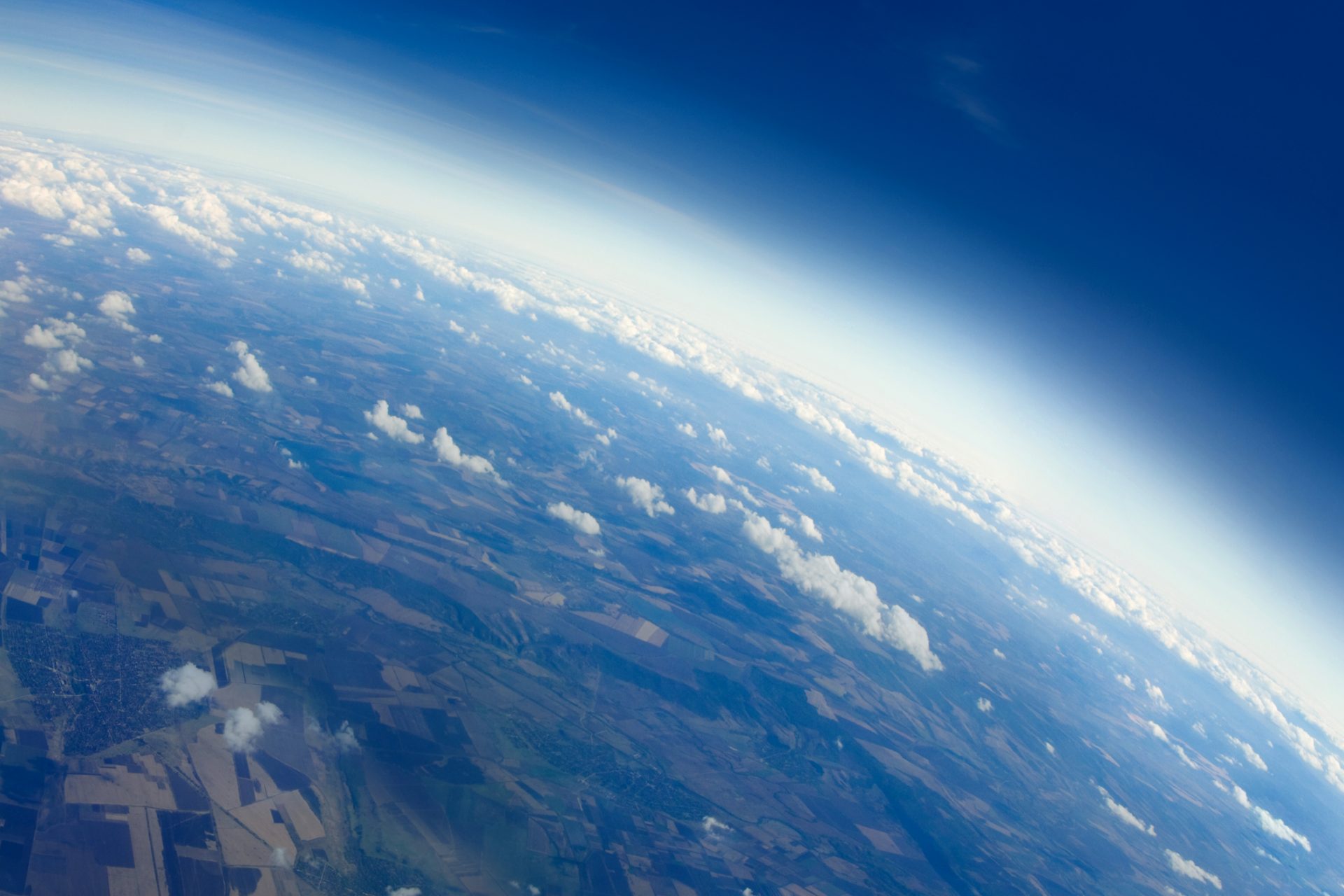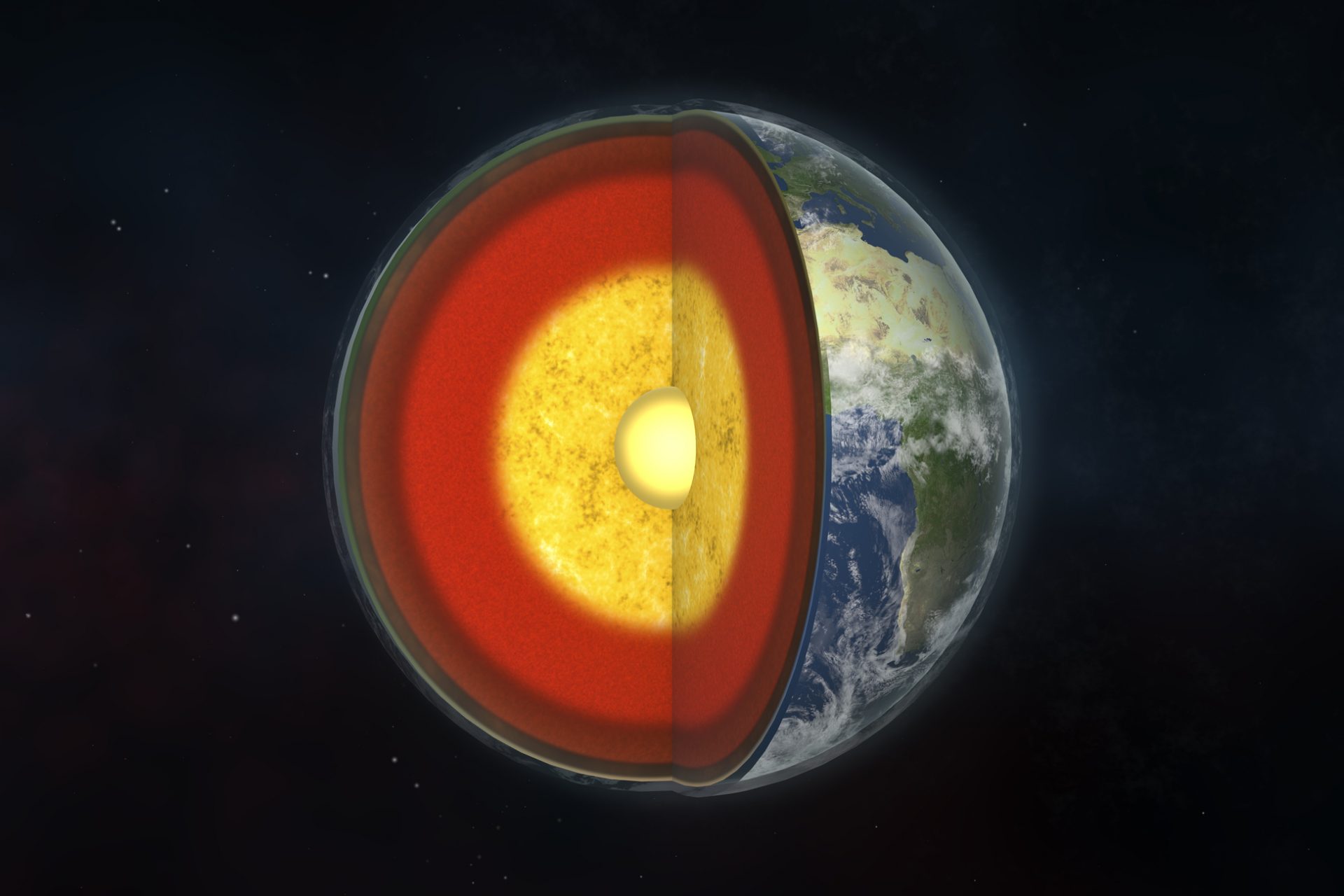Unveiling the mysteries of Earth's inner core, a planet within our planet
Earth's inner core is known well: an iron-nickel ball rotating within a liquid metal layer. However, recent studies show that the sphere may be more complex than we thought.
This year, a February scientific publication suggested the ball had another core inside, like a planet within our planet. According to Scientific American, this might be a record of the early stages of our world.
Furthermore, a new study published this summer in Nature shows that the inner core has different textures and is not a smooth metal ball, further pointing to the internal planet hypothesis.
"It has its own rotation, and it's decoupled by a big ocean of molten iron," said Keith Koper, director of the University of Utah Seismograph Stations, told SciTech Daily.
Researchers from the University of Utah told the magazine that how the inner core of Earth formed is still a mystery for the scientific community.
Still, this metallic little planet is fundamental to Earth's existence, as it creates the magnetic pull that keeps our world together.
Scientists gather data on how seismic waves from earthquakes move through the inner core to study it. However, very few of these movements have been detected.
Accessing data about our planet's center is very complex. It requires getting rid of all the information that the outer layers produce. There is still a lot to discover about Earth's core.
An example is how, also this year, another group of scientists discovered that the core shifts its rotation (relative to Earth's) every few years.
According to The New York Times, the researchers described a 70-year rotation cycle and determined that we are in the middle of a movement shift.
More for you
Top Stories























